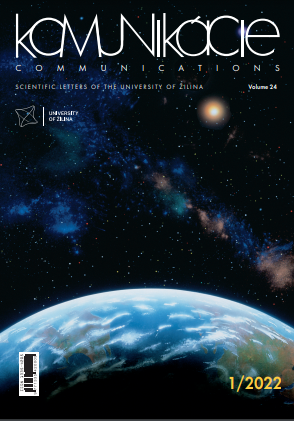C. S. Lewis and the Challenge of Ethics in Digital Society
C. S. Lewis and the Challenge of Ethics in Digital Society
Author(s): Tibor Máhrik, Mark NealSubject(s): Ethics / Practical Philosophy, Social Philosophy, Sociology
Published by: Žilinská univerzita v Žilině
Keywords: C. S. Lewis; language; nanoethics; metaethics; digital society; responsibility; human dignity; dehumanization; natural law;
Summary/Abstract: This paper examines the idea that digital societies lack an ethical framework for understanding and mitigating the impact of digital technologies on human flourishing and the consequent diminishing of human agency. The authors examine how selected works of C.S. Lewis address man's moral responsibility while living in a developing society and call for a grounding in metaethical frameworks prior to any outcomes of applied ethics. Each of the authors contributes from his own field of expertise - Mahrik on nanoethics and Neal on digital media - while Lewis' writing corpus is the shared interest as well as the basis for their research. Writing and thinking from within a metaethical framework he terms the Tao, or natural law, Lewis offers an approach to the dehumanization of digital culture through his own approach to one of the oldest technologies: that of language. This offers the beginning of an infrastructure for thinking about and reacting to digital society in an ethical manner.
Journal: Komunikácie - vedecké listy Žilinskej univerzity v Žiline
- Issue Year: 20/2018
- Issue No: 1A
- Page Range: 38-44
- Page Count: 7
- Language: English

